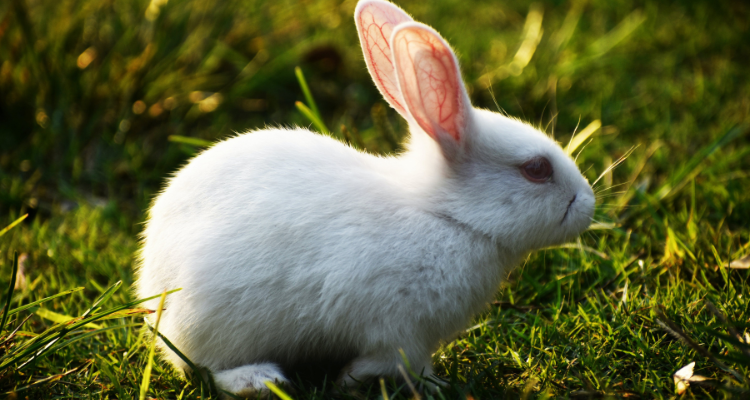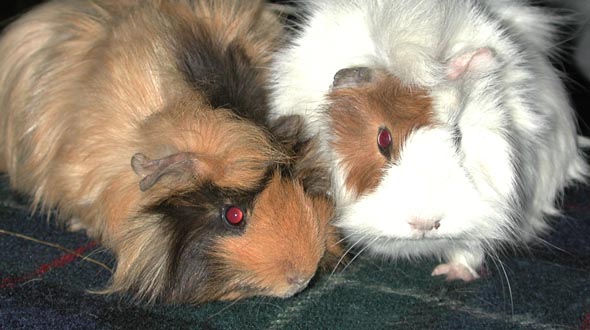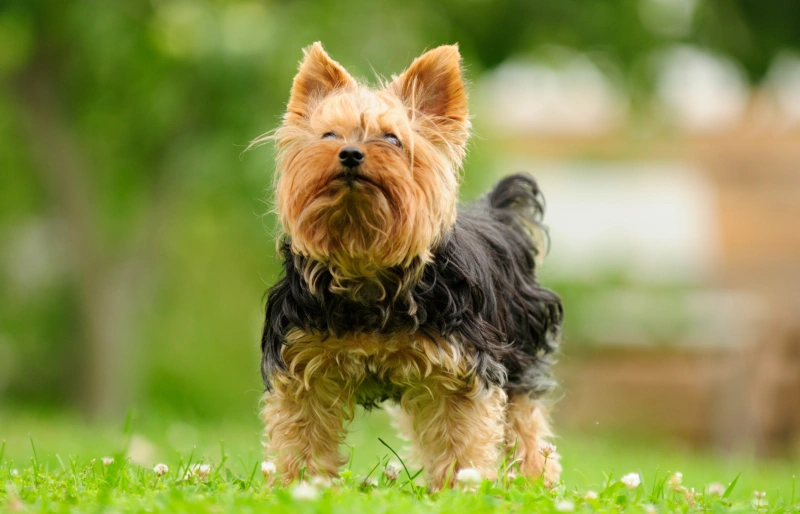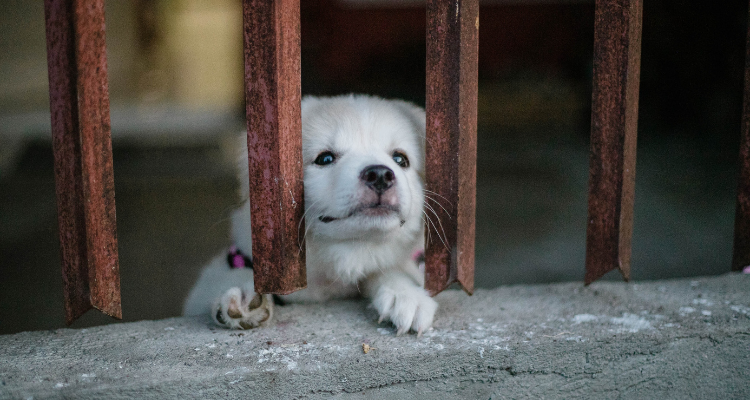
Small pets like rabbits and guinea pigs make wonderful companions. They are fluffy, affectionate, and adorable additions to any household. However, like all pets, they require proper grooming and hygiene to ensure they lead happy, healthy lives. In this blog, you’ll see grooming and hygiene tips for small pets, with a focus on rabbits and guinea pigs.
- Brushing Your Fluffy Friend
Small pets often have dense, soft fur which can quickly get matted if not properly maintained. Regular brushing is essential to prevent mats and tangles. For rabbits and guinea pigs, it also helps in distributing natural oils produced by their skin, keeping their coat healthy and shiny,
- Selecting the Right Brush
Choose a brush appropriate for your pet’s coat type. For long-haired breeds, consider a slicker brush to remove tangles and prevent matting. Short-haired pets can benefit from a bristle brush, which helps remove loose fur.
While some pets may need occasional baths, rabbits and guinea pigs are usually self-groomers and do not need frequent bathing. Excessive washing can strip their fur of natural oils. If a bath is necessary, use a gentle, pet-friendly shampoo and ensure your pet is completely dry afterwards. Be cautious with the water temperature, as small pets are sensitive to extreme temperatures.
Regular nail trimming is crucial for rabbits and guinea pigs. Overgrown nails can lead to discomfort and health issues. Use a small nail clipper and consult your veterinarian or a professional groomer if you are uncertain about how to trim your nails safely.
Rabbits and guinea pigs have continually growing teeth. Dental issues can occur if their teeth become too long. Provide chew toys and fresh hay to help them wear down their teeth naturally. If dental problems are suspected, consult a vet who is experienced in small pet care.
- Keeping Their Living Space Clean
A clean environment is vital for your small pet’s health. Regularly clean their cage, hutch or enclosure. Remove soiled bedding and replace it with fresh materials. Disinfect the living space sporadically to prevent bacterial growth.
Many rabbits and guinea pigs can be litter-trained. Provide a litter box with a safe, absorbent material. As they use the box for their bathroom needs, scoop out waste daily and replace the soiled litter.
- Monitoring Weight and Appetite
Sudden weight or loss or changes in appetite can be indicators of health issues. Regularly monitor your pet’s weight and ensure they are eating their regular diet. If you notice any significant changes, consult a veterinarian.
Guinea Pigs, in particular, need access to clean, fresh water all the time. Check their water bottle or bowl daily to ensure it’s functioning correctly.
Just like cats and dogs, small pets need regular veterinary checkups. Your veterinarian will be able to identify potential health problems and provide guidance on maintaining your pet’s overall well-being.
- Handling Your Furry Companion
Proper handling is essential to ensure your small pets feel safe and secure. Approach them gently, and support their body when picking them up. Be patient and allow your pet to become comfortable with you over time.
- Pay Attention to Signs of Illnesses
Small pets are masters at hiding signs of illnesses. Be vigilant and look out for signs of lethargy. Changes in eating or drinking habits, laboured breathing, sneezing, or any visible discomfort. Early detection can be crucial in treating health issues effectively.
Keep an eye out for external parasites like fleas or mites. Ensure your pet’s living environment is clean and use pet-safe anti-parasitic treatment as needed. Consult your vet for guidance on prevention and treatment.
- Socialisation and Playtime
Rabbits and guinea pigs are social animals that thrive on interaction and physical stimulation. Spend time with pets daily, whether it’s playing, cuddling or letting them explore a safe space outside their enclosure. Mental stimulation helps keep them healthy and happy.
Provide your small pet with a balanced diet. This typically includes hay, fresh vegetables, and a small amount of pellet food specifically designed for their species. Avoid sugary or high-calcium treats that can lead to health issues.
Conclusion
Rabbits and guinea pigs are delightful small pets that bring joy to countless homes. Ensuring their grooming and hygiene needs are met is an essential part of pet ownership. By following the above-mentioned tips, you can ensure excellent health and well-being in small pets. Additionally, being attentive to their needs, providing proper nutrition, and scheduling regular vet check-ups will keep them happy and healthy throughout their lives. Remember that the love and care you provide to your small pets will be returned many times over in affection and companionship.



